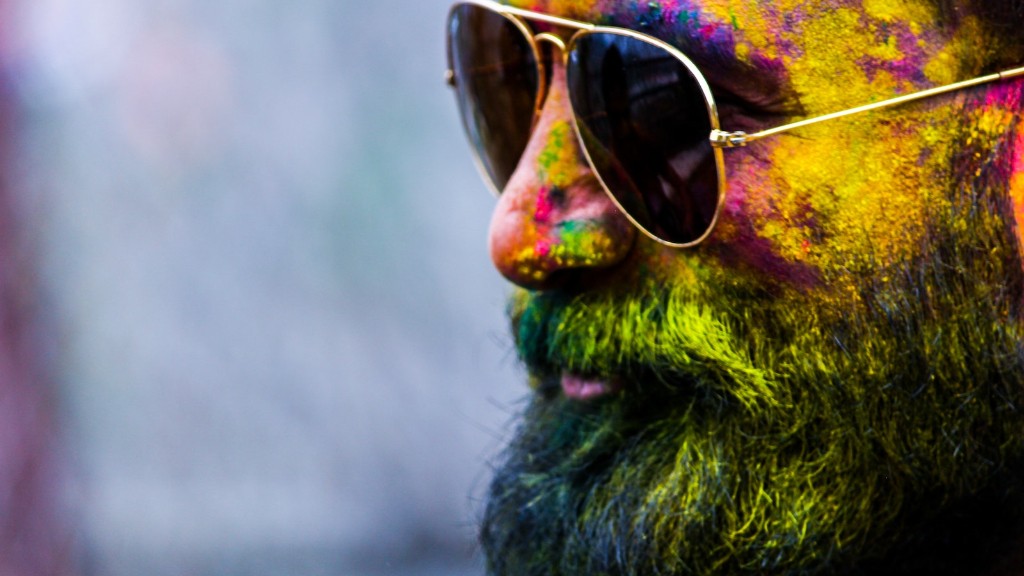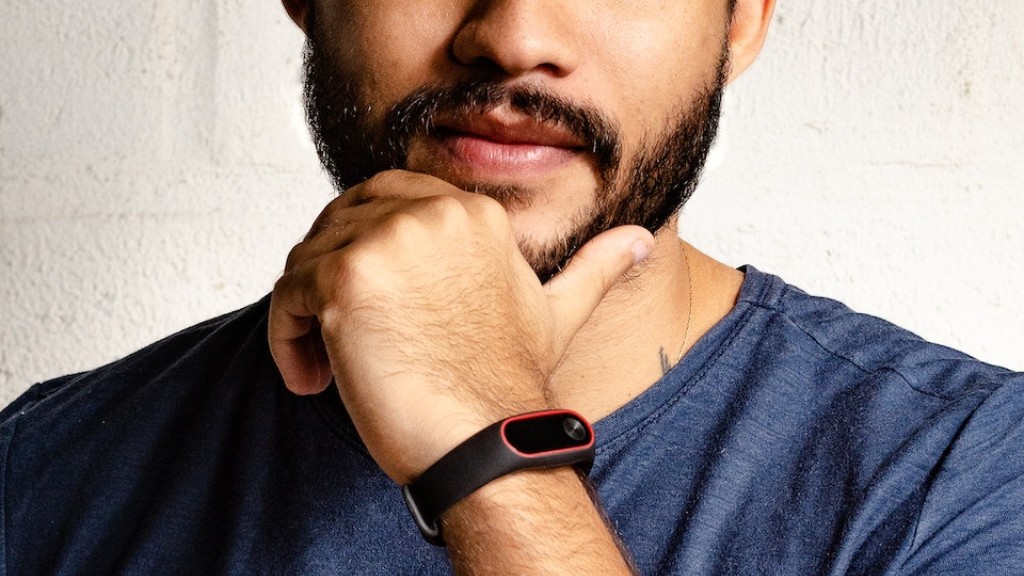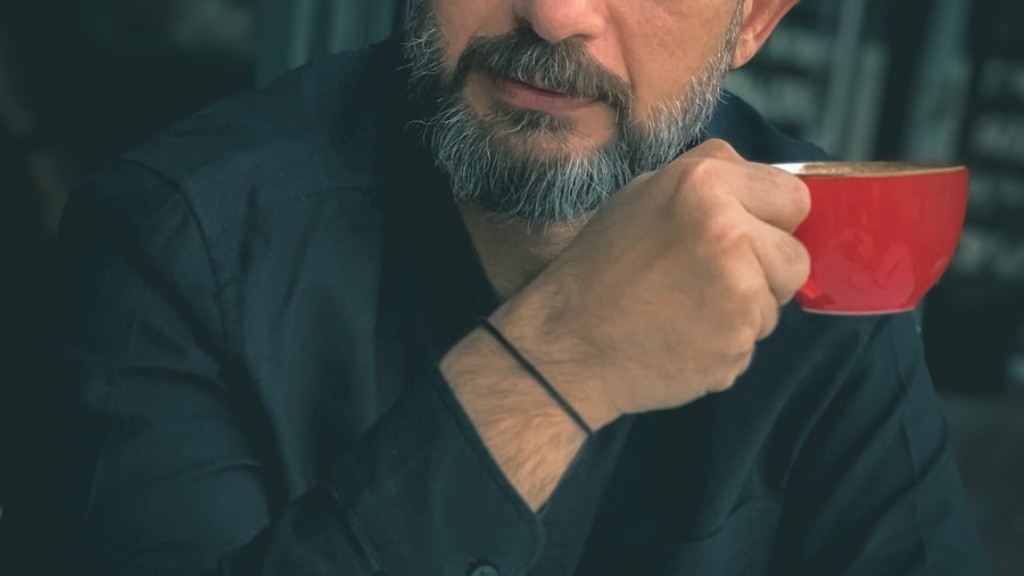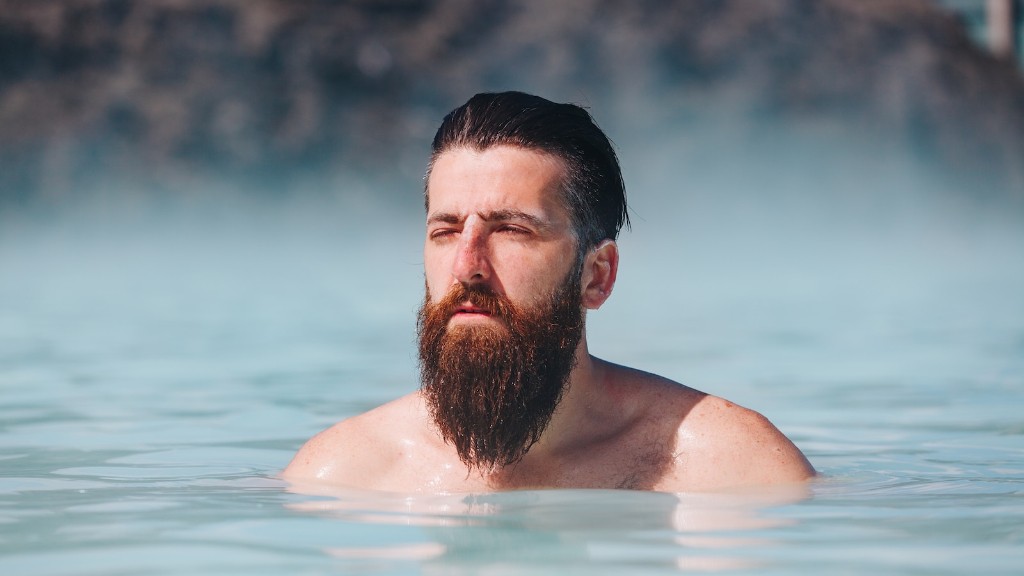Growing a beard at 18 is possible, but it depends on a few things. The main factor is testosterone levels, which generally peak in the early to mid-20s. So if your testosterone levels are on the lower side, it may be harder to grow a beard. Other factors that can affect beard growth are genetics, health, and lifestyle. If you eat a healthy diet, get enough sleep, and manage stress well, you’re more likely to have higher testosterone levels and, as a result, grow a beard.
There is no definitive answer to this question as everyone’s facial hair growth is unique. While some men are able to grow a beard at 18, others may not be able to until they are much older. The best way to determine if you are able to grow a beard is to simply let nature take its course and see what happens.
Why am I not growing a beard at 18?
There’s no guarantee that you’ll be able to grow a thick beard, no matter how healthy your lifestyle is. It all comes down to your genetics. That said, eating a balanced diet and living a healthy lifestyle can help you maximize your beard growing potential. For many men, their beards continue to get thicker into their 30s.
Growing a beard can be a difficult and time-consuming process, but there are a few things you can do to help encourage growth. One of the most important things you can do is to exfoliate your skin regularly to remove dead skin cells and promote new growth. You should also clean your face regularly to remove dirt and oil build-up, and moisturize your skin to keep it healthy. In addition, watch out for ingrown hairs and manage stress levels, as both can impede beard growth. Finally, consider using growth stimulants and taking vitamins that promote hair growth to help speed up the process.
How can I grow my beard faster at 18 naturally
There are a few things you can do to help your beard grow as thick and full as possible. First, make sure to keep your testosterone levels within a healthy range by exercising regularly and eating a nutritious diet. Getting sufficient, restful sleep is also important for hormone health. Finally, consider exfoliating your skin to help stimulate hair growth.
Most men begin to grow facial hair during puberty, though the age at which this occurs can vary depending on genetic factors. For some men, it may take a few more years to develop a full beard, and in some cases facial hair growth may be delayed until the early 20s.
At what age does beard grow fully?
Most men will have a full beard by their early 20s, but some may need to wait until they hit 30 to reach full beard growth. Puberty might initiate the facial hair growing process, but how fast and thick your beard grows will depend on factors that we’ll discuss below, including genetics and hormone levels.
There is a lot of debate surrounding whether or not shaving hair affects its thickness, color, or rate of growth. While there is no definitive answer, it seems that shaving hair does not have a significant impact on these factors. However, shaving hair does give it a blunt tip, which can make it feel coarse or “stubbly” for a period of time as it grows out. During this phase, the hair might be more noticeable and might appear darker or thicker.
Should I keep shaving to grow a beard?
It seems counterintuitive, but shaving could help grow a beard, at least at first. Many barbers recommend giving yourself a good, close shave to stimulate the hair follicles and possibly cut down on the amount of ingrown hairs you get once the hair starts to grow out.
There is no doubt that beards have become more popular in recent years. A quick look around any social setting will show that beards are definitely in style. But why exactly are beards so popular?
One reason may be that beards make a man seem more manly. Another study found that men with beards may be seen as more masculine, mature and as having a higher social status. These traits are clearly important contributors to the overall sense of attractiveness.
In addition, beards can also help to keep a man’s face warm in cold weather and protect against harmful UV rays. So, if you’re looking to up your attractiveness quotient, growing a beard may be the way to go.
Is growing facial hair genetic
There are many factors that contribute to facial hair growth. Genetics certainly play a role, but other things like hormones and age also play a part. For example, during puberty, the hormone testosterone plays a big role in facial hair growth. So, if you are wanting to grow facial hair, it’s important to consider all of the factors involved.
Whether you’re looking to grow a beard for the first time, or you’ve been trying to grow one for awhile with little success, following these tips will help you get the beard you’ve always wanted.
First, identify your goal. Do you want a full beard, or are you just looking to add some scruff to your face? Once you’ve decided on your goal, be realistic about it. It takes most men at least a few weeks to grow a full beard, so don’t get discouraged if you don’t see results right away.
Next, let it grow! The longer you can leave your beard un trimmed, the better. This will help you determine the natural shape of your beard and make it easier to trim later on.
Once your beard has grown out, it’s time to start shaping it. Use a trimmer to create a clean perimeter around your beard, and to style it the way you want. It’s also a good idea to start using some nourishing products at this stage, like beard oil or balm, to help keep your beard healthy and hydrated.
Finally, brush your beard out every night before you
Why can’t I grow a beard?
If you’re struggling to grow a beard, it could be due to bad genes or a hormonal imbalance. However, there are treatments available that can help you to grow a thick, luscious beard. Talk to your doctor about your options and get started on your way to a beautiful beard!
Testosterone is the hormone responsible for facial hair growth. It works by stimulating the hair follicles, causing them to thicken and darken. However, genetics also play a role in facial hair growth. If you don’t have the right genes, testosterone won’t do much for you.
Why am I 19 and cant grow a beard
There are many factors that affect how facial hair grows, including genetics. From ages 18 to 30, most people’s beards continue to develop in thickness and coarseness. So if you’re 18 and wondering why you don’t have a full beard yet, it just may not be time. Ethnicity can also play a role in how facial hair grows.
A beard can take years to fully develop, and it may continue to fill in and get thicker with age. The exact amount of growth depends on a number of factors, including genetics, diet, stress, and overall health—all of which can affect hair growth in general. Patience is key when growing a beard, as it may take some time to achieve the desired thickness and density.
Who is a Neckbeard?
The term “neckbeard” is used to describe an unkempt man, typically one with facial hair, who is considered to be socially awkward or unsuccessful with women. The term is believed to have originated from the online community, and is often used as a descriptor for men who spend too much time gaming or on the internet instead of interacting with women or engaging in traditional masculine activities.
There is no one definitive answer to this question. While the average age for beard growth to stop is around 35, this process can happen gradually or abruptly for different people. Some men may find that their beard becomes thinner and patchier over time, while others may find that it simply stops growing altogether. In any case, it is important to remember that everyone is different and that there is no set age at which facial hair will stop growing.
Conclusion
The answer to this question depends on various factors, such as your genes, hormones, and general health. Some men are able to grow a full beard by the time they’re 18, while others may not start seeing significant growth until they’re in their 20s or 30s. If you’re concerned about your ability to grow a beard, talk to your doctor or a dermatologist.
For many young men, the answer to this question is yes. At 18, most males have reached full beard growth potential. However, there are always exceptions to the rule. If you are one of the unlucky few who can’t grow a beard, don’t despair. There are many other ways to express your masculinity.





